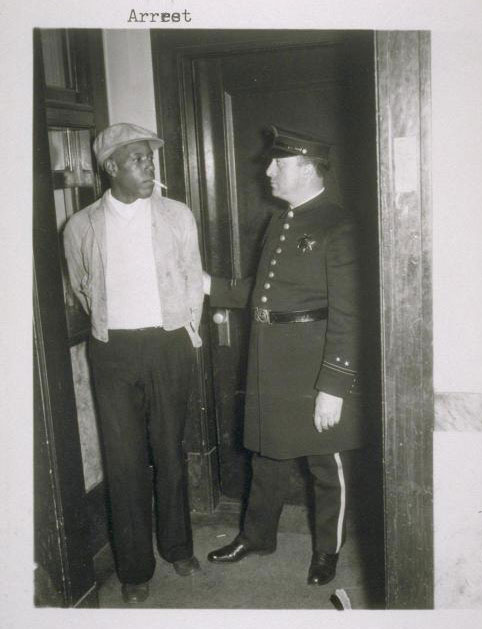 A Two-Quarter, Half Time Program
A Two-Quarter, Half Time Program
Fall Quarter 2004 and Winter Quarter 2005
Faculty:
Sarah Ryan, x6720, ryans@evergreen.edu
Seminar II B3112
and Arleen Sandifer x5470 sandifea@evergreen.edu
Saturdays,
9 a.m. to 5 p.m, Seminar II B 2105 and B1105
No discussion about justice in the American workplace can ignore two sets of laws: labor law as set forth in the National Labor Relations Act and civil rights/anti-discrimination law as written in Title VII of the Civil Rights Act of 1964. These laws define workers' rights, but they also reflect the shape of power in society, and they can determine labor and management strategies. Their texts were written by lawmakers, but in another sense, they were written in the streets and workplaces during turbulent times. Class and racial biases exist in, and are reproduced by the laws and their practices. How is their history important? What social movements and conditions brought the National Labor Relations Act and the Civil Rights Act into being? How did the struggles at their roots shape the laws' forms? How do they affect the workplace today? Are they effective, and for whom? This class will look at civil rights and labor legislation through the lenses of history and sociology, from perspectives in legal studies and labor studies. We will examine some of the controversies surrounding these laws today -- around issues like union organizing, affirmative action and employment discrimination. Students will become acquainted with the critiques developed by scholars in Critical Race Theory and Critical Legal Studies, which help us think about power in the larger society and alternative possibilities for justice.
Be prepared for fun, active problem-solving and lots of hard work. Students will learn to do basic legal and historical research. They will learn to research and interpret historical events and the law together, to understand larger social issues and future implications of cases and legislation. You will get a sense of the real work of attorneys and courts, but also the real work of activists and union stewards. Student projects will focus on current workplace controversies relating to these laws. Though there are no prerequisites, students should be prepared with some basic background in 20th Century American history and should have the patience and persistence to read detailed history, statutes, and legal cases. The class will be particularly useful for those interested in careers in law, labor organizing, history, social justice, public administration, and management. Credit will be awarded in American history, including labor and African American history, and legal studies.

